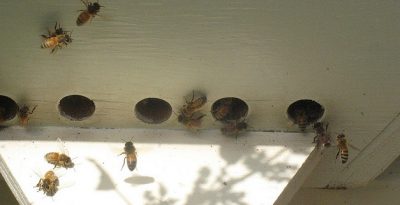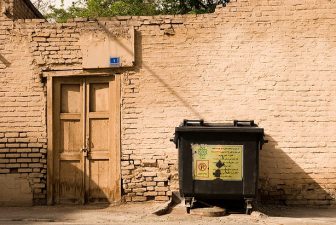 Analysts from Tel Aviv University and San Francisco offer sound solutions for looming energy crises:
Analysts from Tel Aviv University and San Francisco offer sound solutions for looming energy crises:
With electricity rates soaring as much as 150% since 2001, and predictions of severe and regular blackouts in states such as Washington and Virginia, there’s a clear need for new thinking about electricity.
A recipe for preventing a dark future comes by way of an Israeli and American team, who suggest effective and environmentally friendly ways to generate “healthy electricity” markets in the United States.
“There are no easy answers for solving America’s energy demands,” says Prof. Asher Tishler, Dean of the Faculty of Management at Tel Aviv University, and his American partner, Chi-Keung Woo of the San Francisco consulting firm Energy and Environmental Economics.
“But a smart formula for easing into the next decade would include a slower evolution towards deregulation of the electricity market, along with an aggressive investment in clean technology,” they say. The two researchers have co-authored a number of economics papers in this field, most recently in the International Journal of Energy Sector Management and Utilities Policy.
Deregulate Slowly, Go Green Quickly
Tishler and Woo recommend that Americans “think greener” by channelling billions of investment dollars into research and development dedicated to creating sustainable and alternative energy solutions during a slow and steady transition to deregulation. “With aggressive R&D, in 10 to 15 years green technology will be a reality,” says Tishler, “and we’ll find that it is not more expensive than traditional sources of energy.”
But what happens to rising electricity costs in the interim? Among the 20 American states that have deregulated utilities, prices for electricity remain higher than the ones that did not. Hang in there, say the researchers.
“Prices in a private market will fluctuate like crazy,” says Prof. Tishler, but “competition over time will reduce this volatility.” He stresses that unlike other traditional commodities, electricity is not easy to control. Rechargeable batteries cannot store electricity when demand is low, no major advances in technology to improve efficiency have been made recently, and labor costs remain high.
Social Costs a Factor
Easing consumers through the deregulation transition may not be easy on their pocketbooks. Tishler and Woo suggest, however, that if consumers are willing to fork out more for their electricity bills in the near future, it will encourage lower usage, thereby conserving power, helping to prevent blackouts, and benefiting the environment.
As the wealth of America’s middle class grows, so does the demand for big screen TVs and all manner of power-hungry electronics and so do greenhouse gas-causing CO2 emissions, taxing the environment further. “Energy consumption is a social issue, not just an economic one,” says Tishler.
An immediate way to cut down on use is by raising power prices even more, and by urging consumers to switch to clean energy. Alternatives such as solar power may be more costly in the short term, but the social benefits, though difficult to calculate, “are huge,” conclude the researchers.
Prof. Asher Tishler holds a Ph.D. in Economics from the University of Pennsylvania, and has been a faculty member at Tel Aviv University since 1976. He was recently appointed dean of the Faculty of Management. Over the last two decades, his research has focused on the defense sector and on optimizing electricity markets.
::American Friends of Tel Aviv University



